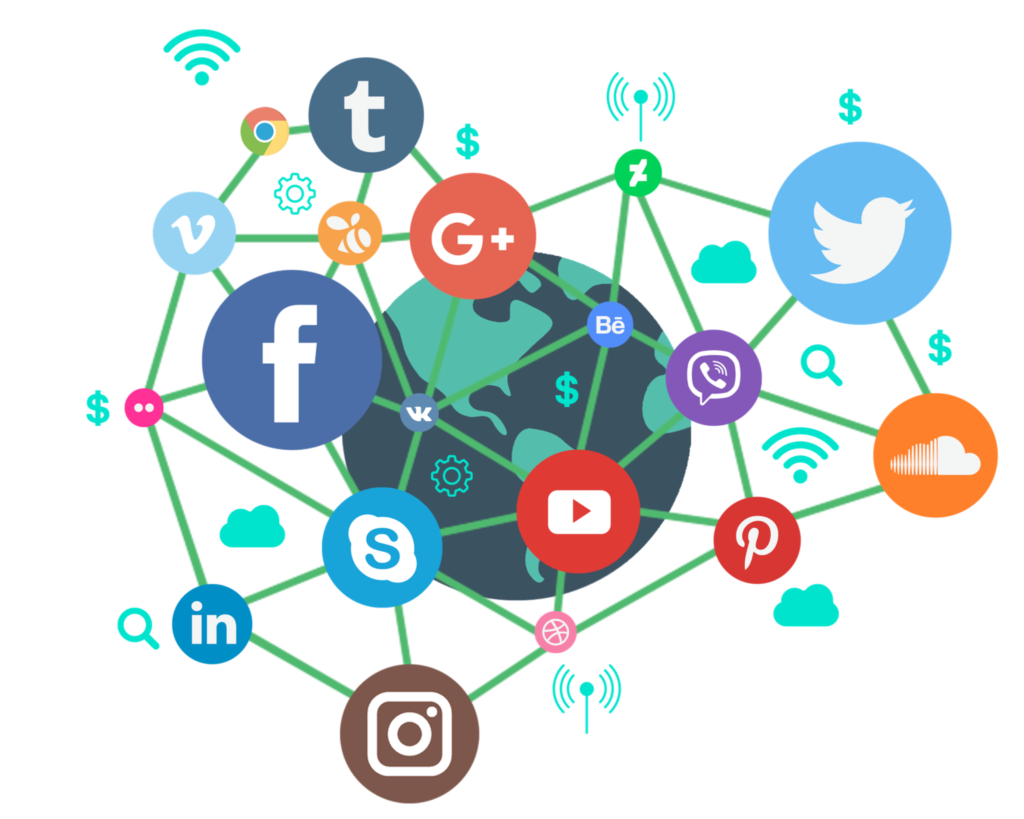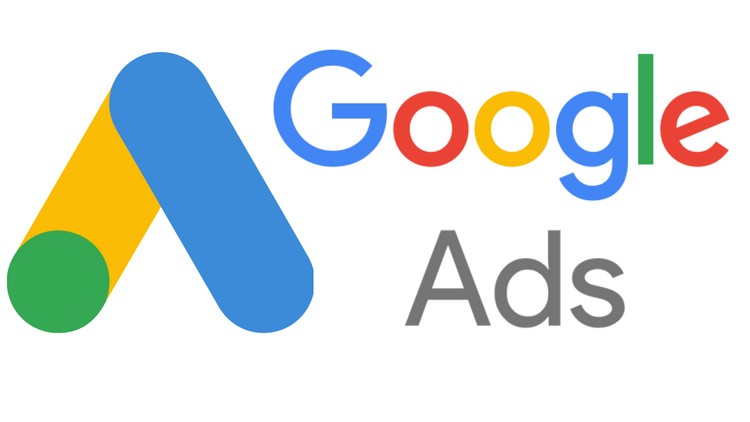IT CARE SERVICES
TOP RATED
DIGITAL MARKETING AGENCY
GROW YOUR BUSINESS WITH US
SEARCH ENGINE OPTIMIZATION (SEO)
Search engine optimization is one of the best process to improve the quality or quantity for website traffic. Seo targets traffic to unpaid just like natural or organic results rather than the direct traffic or paid traffic. Unpaid traffic will originate to many kinds of researches just like images, video or academic searches.
As an internet marketing strategy, seo is must consider to work all search engines platforms. Computer programmed algorithms will dedicate to behavior of search engines. What people search to keyword in google and how to promote your business, website or anything that you want in different search engine platform. On which time keyword will rank on google or how to use your strategy that you will going to google algorithm.
If you want to get the better result on search result page. You must be more likely that you have found or clicked on. Ultimately, search engine optimization goal is best product of attract to help the visitor who will became the customer, client or audience that keeps on coming back. Seo is a very critical marketing. First the better visibility of you pages you need to see your activity that you are working on it website.
Here are some important aspects of SEO:
- Keyword research: Keyword research is the process of identifying the keywords and phrases that people use to search for your product, service or content.
- On-page optimization: The process of making a website’s content, structure, and HTML code more search engine friendly is known as “on-page optimization.”
- Off-page optimization: Off-page optimization involves building high-quality backlinks to the website from other authoritative websites.
- Content creation: Creating high-quality, valuable and relevant content can help improve a website’s search engine ranking.
- Technical optimization: Technical optimization involves optimizing the website’s technical elements, such as site speed, mobile responsiveness, and website security.
- Local SEO: Local SEO is the process of optimizing a website to appear in local search results for location-based queries.
- Analytics and reporting: Measuring and tracking the website’s performance using tools like Google Analytics can help identify areas for improvement and measure the success of SEO efforts.
SEO is an ongoing process that requires regular monitoring, testing, and optimization to improve a website’s search engine ranking and drive more organic traffic.

SOCIAL MEDIA MARKETING (SMM)

Social media marketing is a marketing strategy that involves using social media platforms like Facebook, Twitter, Instagram, LinkedIn, and others to promote a brand, product, or service. The goal of social media marketing is to engage with a target audience, build brand awareness, drive website traffic, and generate leads or sales.
Here are some our key components of social media marketing:
- Strategy development: A social media marketing strategy should include a clear understanding of the target audience, goals, messaging, and content types.
- Content creation: Social media content can take various forms, including images, videos, blog posts, and social media posts.
- Social media management: Managing social media accounts involves creating and scheduling content, engaging with followers, and monitoring social media analytics.
- Social media advertising: Social media advertising involves promoting content or products through paid social media ads.
- Analytics and reporting: Measuring and tracking social media performance using tools like Google Analytics or social media analytics can help identify areas for improvement and measure the success of social media efforts.
- Social media marketing can be an effective way to reach a target audience, build brand loyalty, and drive sales. However, it requires ongoing effort, consistent messaging, and a deep understanding of social media platforms and their audiences.
CONTENT MARKETING
Content marketing is a marketing strategy that involves creating and distributing precious, applicable and consistent content to attract and retain a clearly defined audience, with the ultimate goal of driving profitable customer action. The content can take various forms, including blog posts, videos, infographics, podcasts, whitepapers, and social media posts.
Here are some our key components of content marketing:
- Audience research: Before creating content, it’s essential to understand the target audience’s needs, interests, and pain points.
- Content planning: A content marketing strategy should include a plan for creating and distributing content across various channels.
- Content creation: Content creation involves creating high-quality, valuable, and relevant content that resonates with the target audience.
- Content distribution: Once content is created, it needs to be distributed across various channels, including social media, email, and other relevant channels.
- Engagement and measurement: Measuring the content’s performance and engagement levels can help identify areas for improvement and optimize future content.
- Repurposing: Repurposing content involves taking existing content and transforming it into different formats to reach new audiences or reinforce key messages.
Content marketing can be an effective way to build brand awareness, establish thought leadership, and generate leads and sales over time. However, it requires a significant investment in time, resources, and expertise to execute successfully.

GOOGLE ADWORDS

Google adwords is one of the best system to advertise your business that will help you to reach online target markets. If you want to change your keyword on adwords account. When the customer searches on google or google will displayed the ads on phrase or served them. You need to only pay the customer when your website or calls for your business using the click to call.
Google adwords help customers to find the right way that you are looking for the faster and more customized manner. Google adword allows all the businesses that you have to teach the performance for their ads.
EMAIL MARKETING
Email marketing is a form of digital marketing that involves sending informational or promotional messages to a targeted audience via email. It is a direct and cost-effective way for businesses to reach their customers and prospects and can include newsletters, promotional offers, event invitations, and more.
Email marketing campaigns typically involve creating a list of subscribers who have opted in to receive emails from the business. These subscribers can be obtained through sign-up forms on the business’s website, social media, or in-store promotions. Once the list is established, businesses can segment their audience based on demographics, behaviors, or preferences to create targeted and personalized messages.
Email marketing can be effective because it allows businesses to stay top-of-mind with their customers and build relationships by providing valuable content and exclusive offers. It is also highly measurable, allowing businesses to track open rates, click-through rates, and other key metrics to optimize their campaigns for better results.
However, email marketing also has its challenges, such as ensuring that emails are delivered to the inbox rather than the spam folder, creating engaging and relevant content, and avoiding overwhelming subscribers with too many messages.
Overall, email marketing can be a valuable tool for businesses to build relationships with their customers and drive engagement and sales, but it must be used responsibly and with consideration for the audience’s preferences and needs.

HOW OUR DIGITAL MARKETING STRATEGY ?
Creating a digital marketing strategy involves several steps, which are outlined below:
- Define Your Objectives: Determine what you want to achieve through digital marketing. Are you looking to increase brand awareness, generate leads, drive sales, or something else? Be specific about your goals and set measurable targets.
- Understand Your Target Audience: Conduct research to understand your target audience’s demographics, interests, and online behavior. This information will help you create targeted marketing campaigns that resonate with your audience.
- Analyze Your Competitors: Analyze your competitors’ digital marketing strategies to understand what’s working for them and where you can differentiate yourself. This will help you create a strategy that stands out and drives results.
- Choose Your Channels: Identify which digital marketing channels will be most effective for reaching your target audience and achieving your objectives. This may include channels such as social media, email marketing, search engine optimization, and pay-per-click advertising.
- Create a Content Plan: Develop a content plan that aligns with your digital marketing strategy. This should include a mix of different types of content, such as blog posts, videos, infographics, and social media posts.
- Set Your Budget: Determine how much you’re willing to invest in your digital marketing strategy. This will depend on factors such as your objectives, target audience, and chosen channels.
- Measure and Analyze: Use analytics tools to track your digital marketing campaigns and measure their effectiveness. Use this data to refine your strategy and optimize your campaigns for better results.
By following these steps, we can create a comprehensive digital marketing strategy that helps you achieve your business objectives and drives growth.
FREQUENTLY ASKED QUESTIONS
Digital marketing refers to the use of digital channels, such as search engines, social media, email, mobile apps, and websites, to promote a product, service, or brand. The goal of digital marketing is to reach and engage with target audiences in an effective and measurable way, using various digital techniques such as search engine optimization (SEO), pay-per-click (PPC) advertising, social media marketing, email marketing, content marketing, and more. Digital marketing has become increasingly important in recent years as more people spend more time online, and businesses have had to adapt their marketing strategies to reach consumers where they are spending their time.
Digital marketing is important for several reasons:
- Increased audience reach: With the growth of the internet and digital technologies, more and more people are spending time online. Digital marketing allows businesses to reach a wider audience than traditional marketing methods.
- Targeted advertising: Digital marketing allows businesses to target specific audiences based on demographic information, interests, behaviors, and more. This means that businesses can tailor their advertising messages to the people most likely to be interested in their products or services.
- Cost-effective: Digital marketing can be more cost-effective than traditional marketing methods such as print, TV, or radio advertising. This is because digital advertising channels often have lower costs per impression or click, and businesses can better track and measure their return on investment.
- Measurable results: Digital marketing allows businesses to track and measure the success of their campaigns in real-time. This means they can see how many people have seen their ads, how many have clicked on them, and how many have converted into customers or leads.
Flexibility: Digital marketing allows businesses to quickly and easily adjust their marketing strategies in response to changes in the market or customer behavior. This flexibility can be particularly valuable in industries that are constantly evolving, such as technology or fashion.
Overall, digital marketing has become essential for businesses that want to stay competitive and connect with customers in an increasingly digital world.
Digital marketing is a broad term that refers to the use of digital technologies to promote a brand, product or service. Here are some of the most common types of digital marketing:
- Search engine optimization (SEO): SEO involves optimizing a website and its content to rank higher in search engine results pages (SERPs) for specific keywords and phrases.
- Pay-per-click advertising (PPC): PPC is a form of digital advertising in which advertisers pay each time a user clicks on one of their ads. The most common PPC platform is Google Ads.
- Social media marketing: Social media marketing involves using social media platforms like Facebook, Twitter, Instagram, and LinkedIn to promote a brand, product or service.
- Email marketing: Email marketing involves sending promotional messages or newsletters to a list of subscribers via email.
- Content marketing: Content marketing involves creating and distributing valuable content (e.g., blog posts, videos, infographics) to attract and engage a target audience.
- Affiliate marketing: Affiliate marketing involves promoting another company’s products or services and earning a commission for each sale or lead generated through your promotion.
- Video marketing: Video marketing involves creating and sharing videos to promote a brand, product or service on platforms like YouTube, Vimeo, and social media.
- Display advertising: Display advertising involves placing banner ads on websites and apps to promote a brand, product or service.
Digital marketing offers a wide range of benefits for businesses of all sizes. Here are some of the key benefits:
- Increased Reach: Digital marketing allows businesses to reach a larger audience than traditional marketing methods. By using channels such as social media, email, and search engines, businesses can reach people all over the world.
- Cost-Effective: Digital marketing is generally more cost-effective than traditional marketing. Many digital marketing channels, such as social media and email marketing, are free or low-cost to use.
- Measurable Results: Digital marketing allows businesses to track their marketing campaigns and measure the results in real-time. This provides valuable insights into what’s working and what’s not, allowing businesses to make data-driven decisions.
- Targeted Advertising: Digital marketing allows businesses to target their advertising to specific audiences based on demographics, interests, and behaviors. This increases the likelihood of reaching people who are interested in their products or services.
- Improved Customer Engagement: Digital marketing allows businesses to engage with their customers in real-time through channels such as social media and chatbots. This improves customer satisfaction and loyalty.
Increased Brand Awareness: Digital marketing can help businesses increase their brand awareness through content marketing, social media, and search engine optimization. This makes it easier for people to find and recognize their brand.
Overall, digital marketing offers businesses a range of benefits that can help them reach new customers, improve customer engagement, and grow their brand.